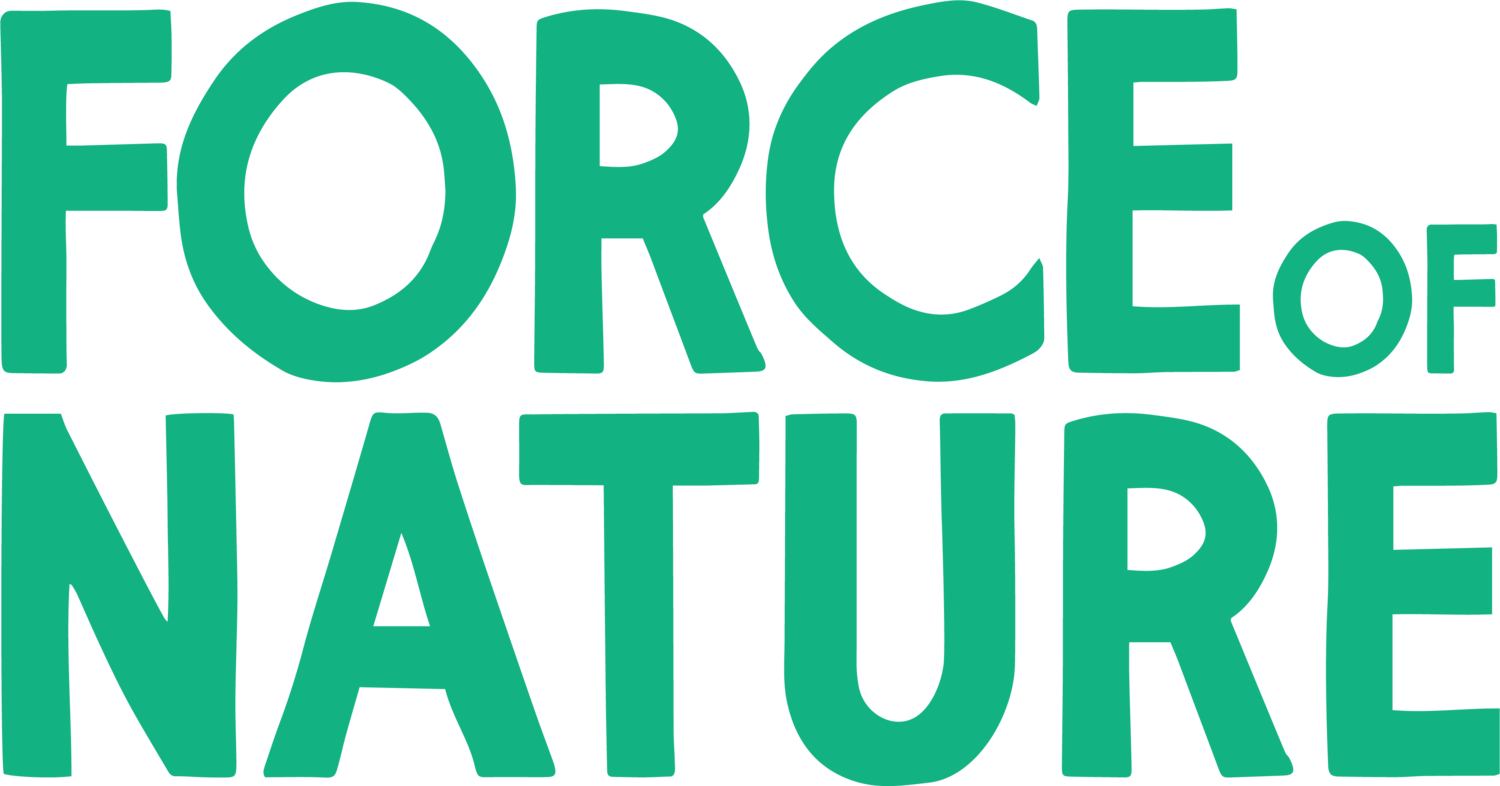Is education our only hope?
We need to talk about eco-anxiety
Author: Andrew Hollander
Editors: Sophie Palmer and Alejandra Arias
My Story
My name is Andrew Hollander, age 22, and I grew up in the suburbs of New York. Climate change has deeply shaped the way in which I navigate today’s world. Whilst I would describe my former self as ecologically blind, once I woke up to the shellacking our natural ecosystem has taken, my lens shifted. After all, industrial development has been the contributing culprit to the everlasting imprint humans have left on planet earth, and many people are still blinded to how dire the situation truly is. I feel disturbed when thinking about how we, as a human species, have recklessly disregarded the natural world around us. Disturbed, petrified, unsettled, apoplectic… each tumultuous bubble as the day progresses. Eco-anxiety is a new concept, yet a familiar feeling.
I sometimes grapple with feelings of dismay, helplessness, and confusion. When the nearby forest gets chopped down for somebody’s new and unnecessary wardrobe, the baby fox frantically roams the neighbourhood, in search of her mother and brother. Residents see the fox as a threat to their own cushy lives. A dangerous animal, wild, feral, untamed, out to kill. I wonder – what does the fox think of us? We axed its natural habitat, wiped out organisms left and right, all in the name of revenue. Who is the dangerous, untamed, wild animal in this situation? I doubt that I’m alone in this thought, but then again, most of us move on. We are simmered by the hackneyed platitude: it’s all for the best of humanity. I’m not so convinced.
Expanding My Horizons
Education helps me to cope with all of the issues facing the world at large. I find it helpful to understand the scope of the problem at hand, and this encourages me to look towards solutions. How has the human relationship with land evolved? What has changed? What is changing? What will the future hold if current activity continues? While daunting, at times, there is also comfort in studying and learning more about our beautiful planet. But I find increasingly that I must make time to educate myself. Why are we not taught this at school?
A Need for Curriculum Change
Education, in the United States, lacks the proper curriculum to teach these topics. I’ve kept in touch with my former teachers, and they unanimously agree that climate change is barely touched within the realm of public education. Unfortunately, for now, if a student desires to learn more about the topic they must seek out their resources on their own (outside of the classroom). This hole in our educational system scares me quite a bit. This seems to ring true across the pond: as Joe Brindle states in Episode 12, Season Two of the Force of Nature Podcast, "Our climate education is particularly bad in the UK. The new curriculum changes have tried to push out anything remotely political but what that has done is push out anything societal. And that includes climate change.” I truly believe humans are capable of addressing and mitigating the worst of climate change… but not without education, all across the board. We have a right to know about the issues facing our future: proper education is key to allowing us to create solutions together. The more we learn, the more we are driven to take action.
The Beauty of Conversation
Conversations, within the United States and United Kingdom, vary tremendously when discussing climate change. One constant is that most people have little understanding of how the earth system works. Do you know how the carbon cycle operates? Do you know the science behind why a greenhouse gas traps heat? These are the basics of earth system science. Without this core education, there is little hope in uniting the globe to confront these major challenges. Echoing Leslie Madema in the podcast, “my problem with our education system is how it prioritises individualism; how well you'll do in an exam, how smart you are in a traditional way. And that individualism is missing a huge part of the community. Which is a problem because the climate crisis affects us as a society.” If we could overhaul the curriculum to take a more collectivistic approach, students could learn from one another. Perhaps this could also alleviate eco-anxiety in young people - students wouldn’t have the burden of teaching themselves, and could rely on the support of their teachers. Tomorrow’s glory is incumbent on today’s children, and today’s children have the right to a meaningful education that addresses the problems - and works to find solutions - of their lived experience.
You can listen to Episode twelfth, Season Two, of the Force of Nature podcast here.

